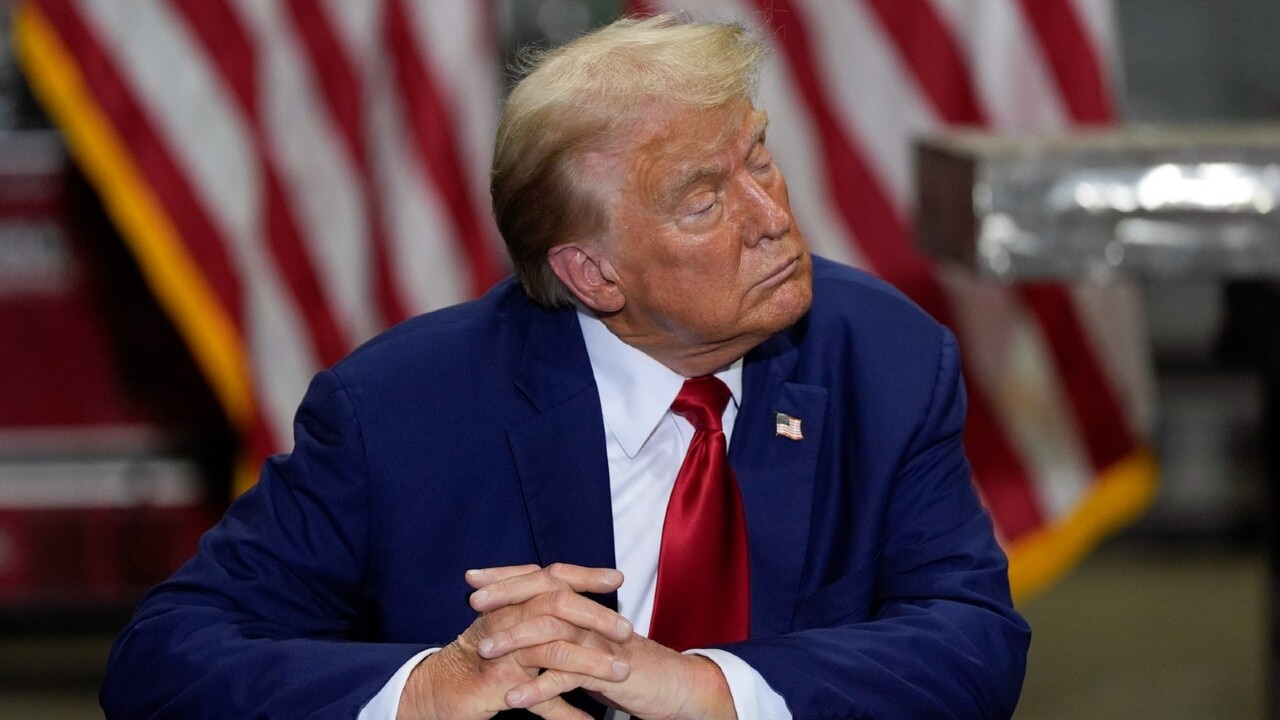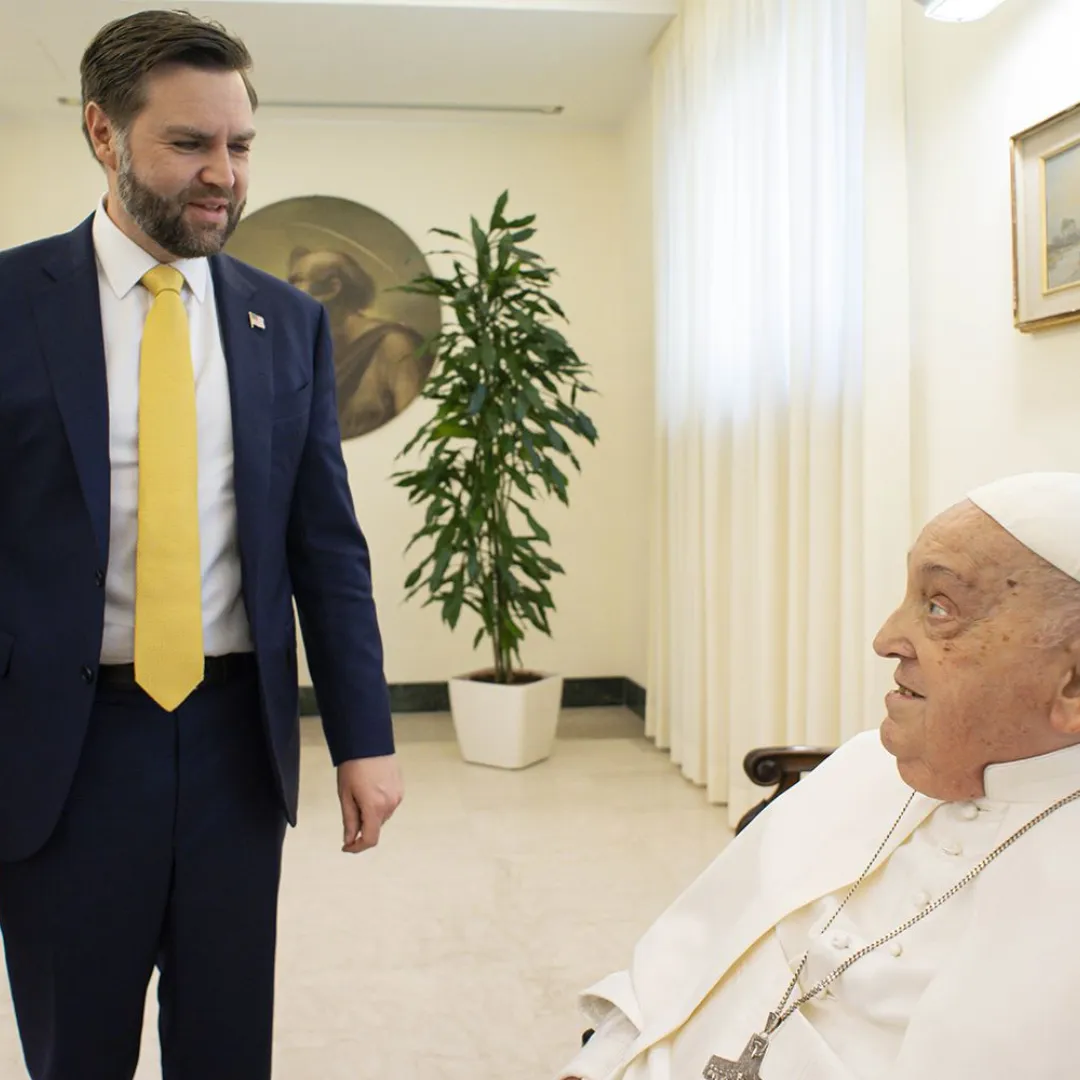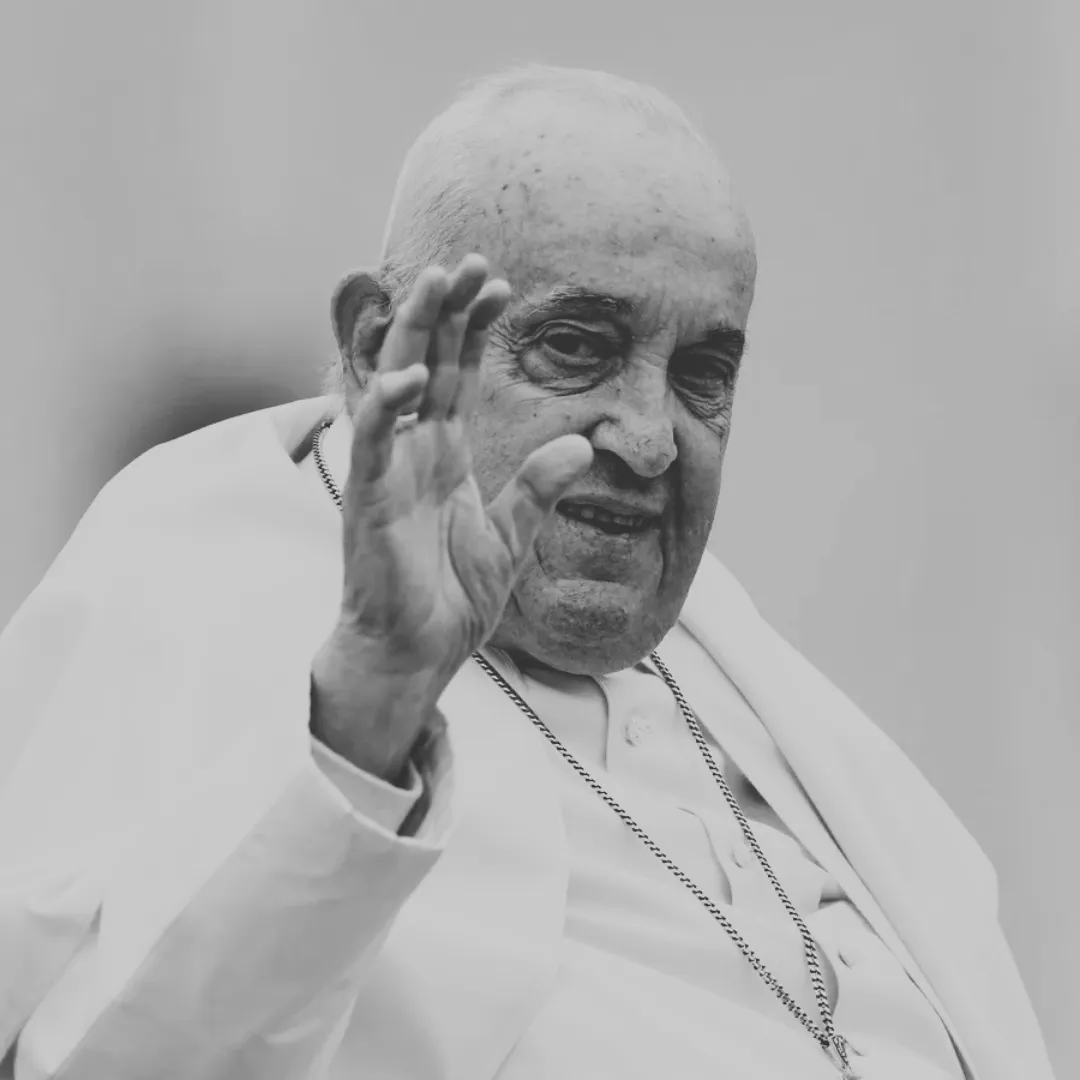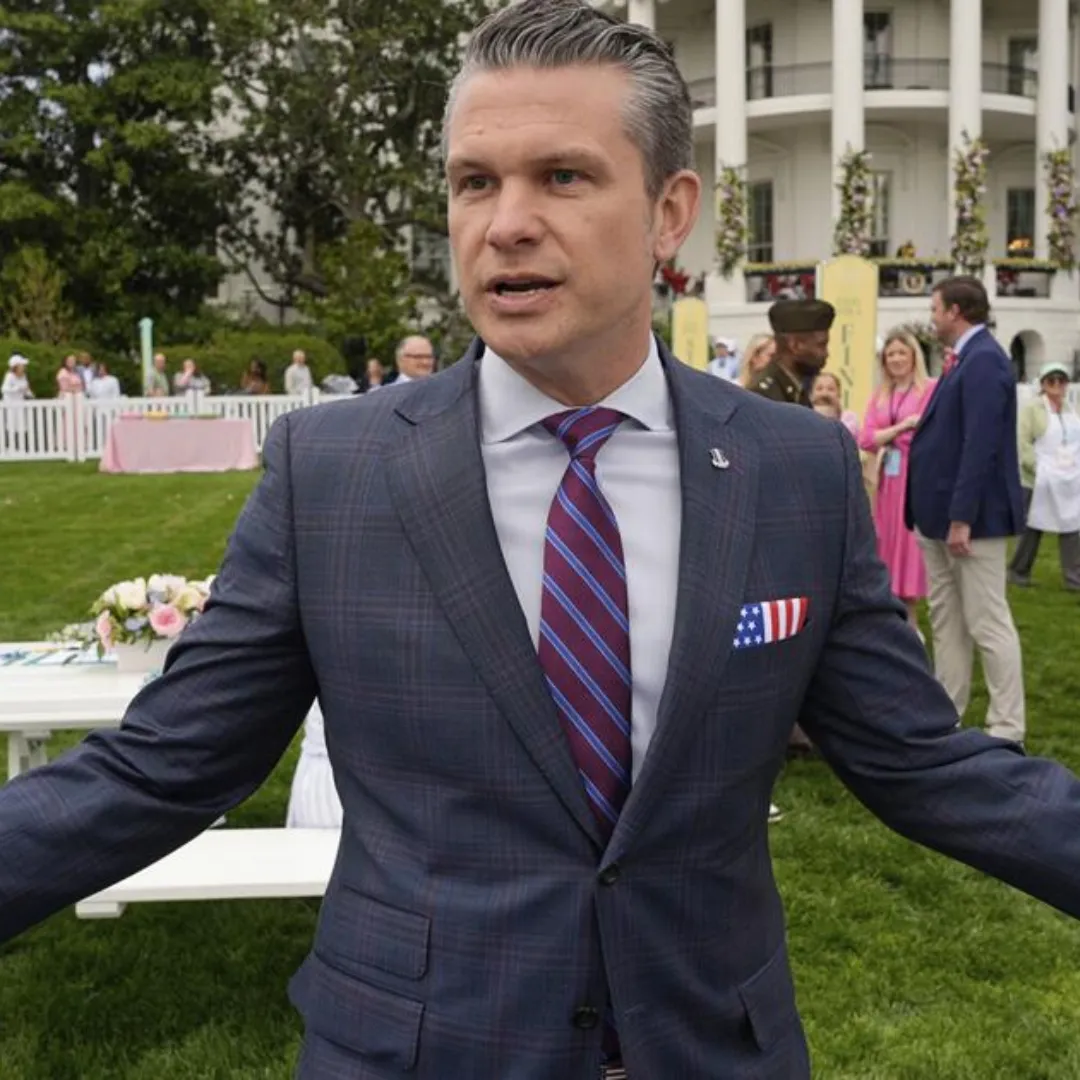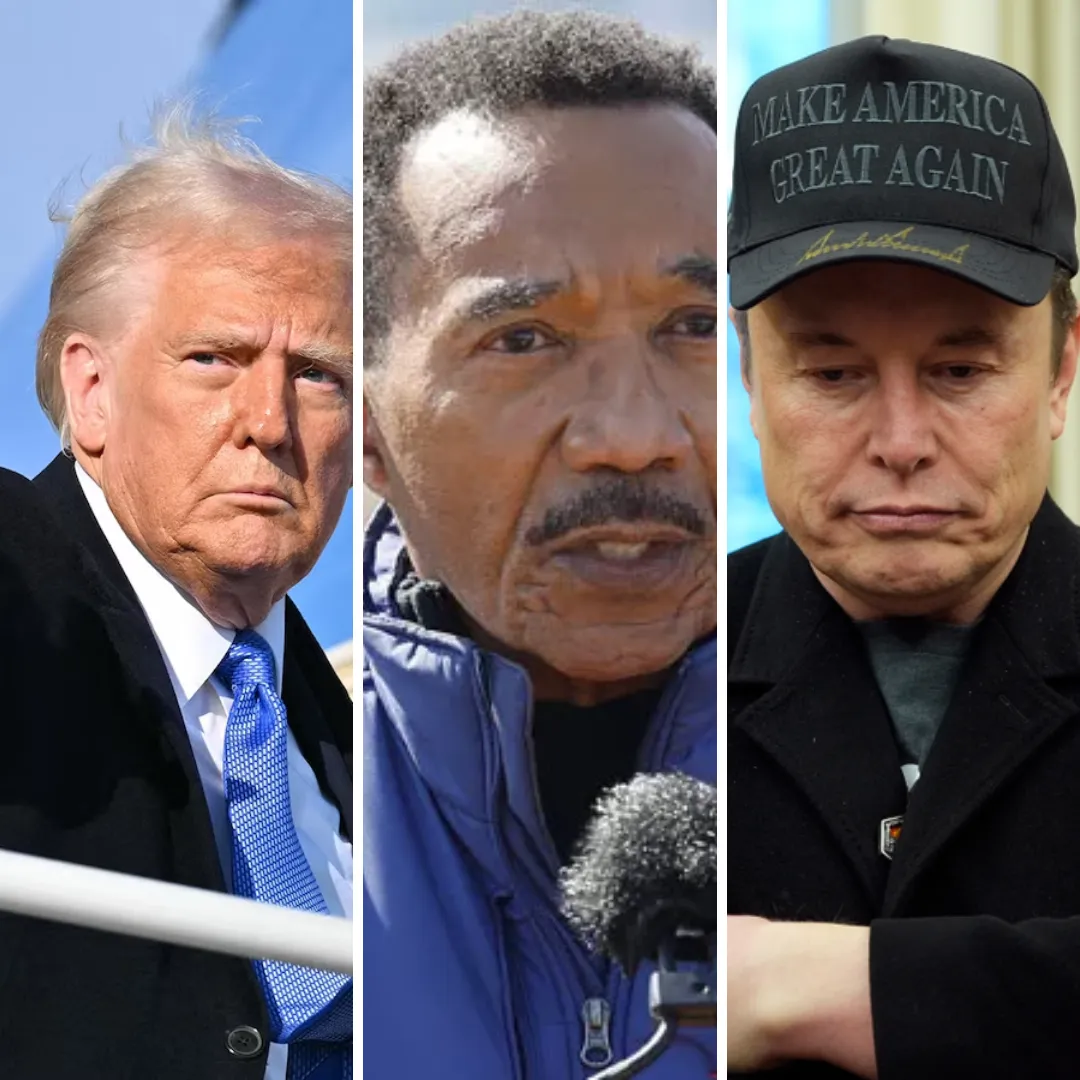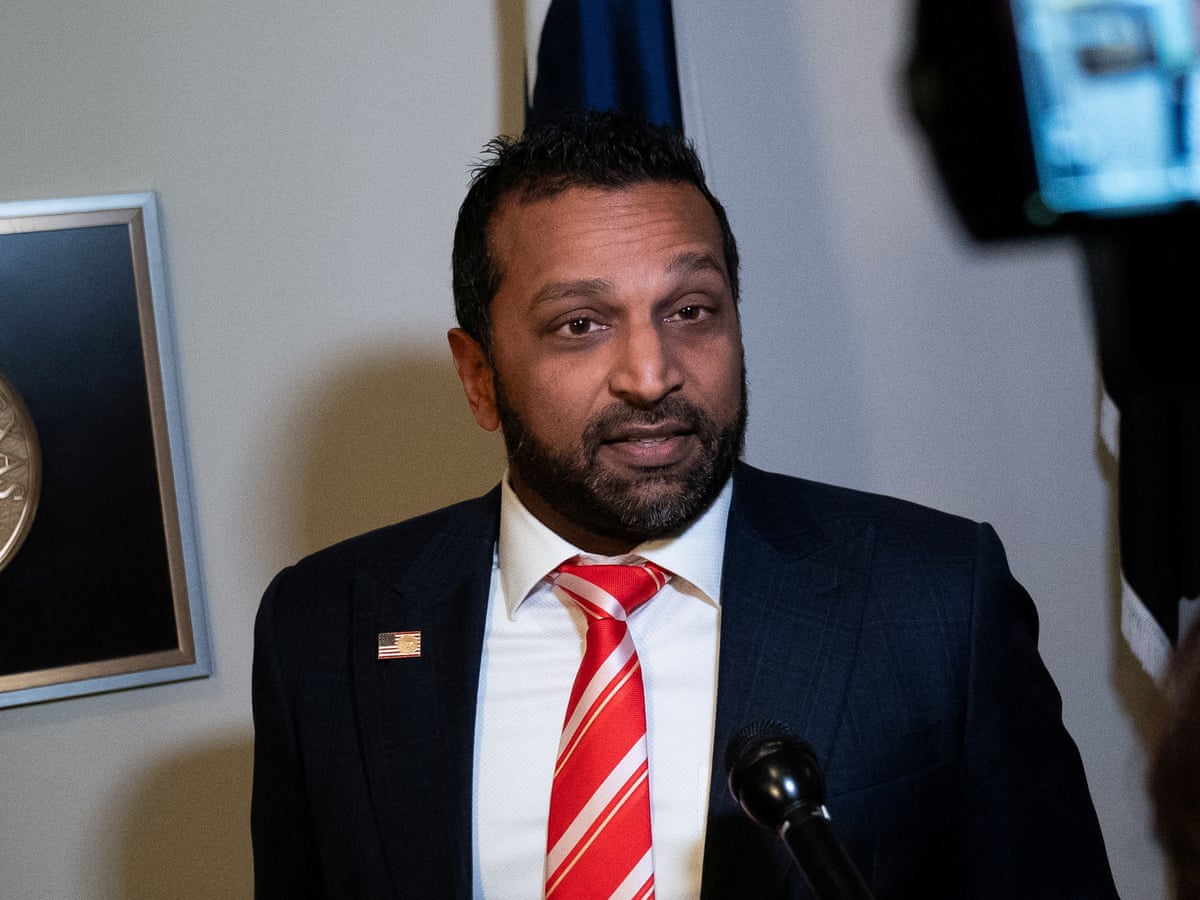
Kash Patel, the man former President Donald Trump installed to lead the FBI, is facing mounting criticism amid reports that he spends more time dancing under nightclub lights than he does at his desk in Washington.
Former FBI counterintelligence official Frank Figliuzzi dropped the bombshell on MSNBC’s Morning Joe Friday morning, revealing that the elusive bureau chief is becoming better known for his nightlife appearances than for any significant presence on the FBI’s seventh floor.
“Reportedly, he’s been visible at nightclubs far more than he has been on the seventh floor of the Hoover building,” Figliuzzi told co-host Jonathan Lemire, painting a picture of an absentee director at a time when the agency is under intense pressure from political and operational crises.
Instead of being hands-on at the helm of one of the nation's most powerful federal institutions, Patel appears to be splitting his time between Washington, D.C., and his Las Vegas home—seemingly running the FBI on a part-time, remote schedule that has raised eyebrows across the intelligence community.
Figliuzzi, who served as the FBI’s assistant director of counterintelligence under Robert Mueller, was blunt about the state of the bureau’s leadership. “So this is both a blessing and a curse,” he said. “Because if he’s really trying to run things without any experience, things could be bad. If he’s not plugged in, things could be bad.
But if he’s checked out and just letting the agents run the show, we don’t know where this is going.” The former official added that internal feedback from FBI staff has been alarmingly consistent: “The one word that keeps coming back at me from inside is that the building is chaos.”
That chaos seems to stretch far beyond Patel’s physical absence. According to multiple reports cited by Figliuzzi and major outlets like The Washington Post and CBS News, Patel has drastically reduced the frequency of his daily intelligence briefings—from daily updates to merely twice a week.
It’s a stunning downgrade for someone tasked with overseeing America’s most important domestic security agency during a period marked by rising political tensions, internal leaks, and mounting congressional scrutiny.
The fallout doesn’t stop there. Senate Democrats are now calling for a formal investigation into Patel’s use of government aircraft—specifically the FBI’s private fleet of jets—for what some allege may include personal travel.
According to CBS, the U.S. Government Accountability Office is being urged to examine the purpose of Patel’s trips, the total cost to taxpayers, and whether Patel reimbursed the agency for any personal use of official resources.
Compounding concerns are Patel’s controversial internal crackdowns, including his decision to require polygraph tests for FBI agents in an attempt to ferret out media leaks.
The move, described by The Washington Post as part of a broader Trump-aligned campaign to suppress dissent and tighten control over federal institutions, has only fueled fears of a toxic culture brewing under Patel’s watch.
“The seriousness of the specific leaks in question precipitated the polygraphs, as they involved potential damage to security protocols at the bureau,” an FBI spokesperson confirmed to The Post.
But insiders claim the polygraph campaign is less about safeguarding national security and more about paranoia and political loyalty—mirroring a broader trend across Trump-era government agencies where control and fear often take precedence over transparency and professionalism.
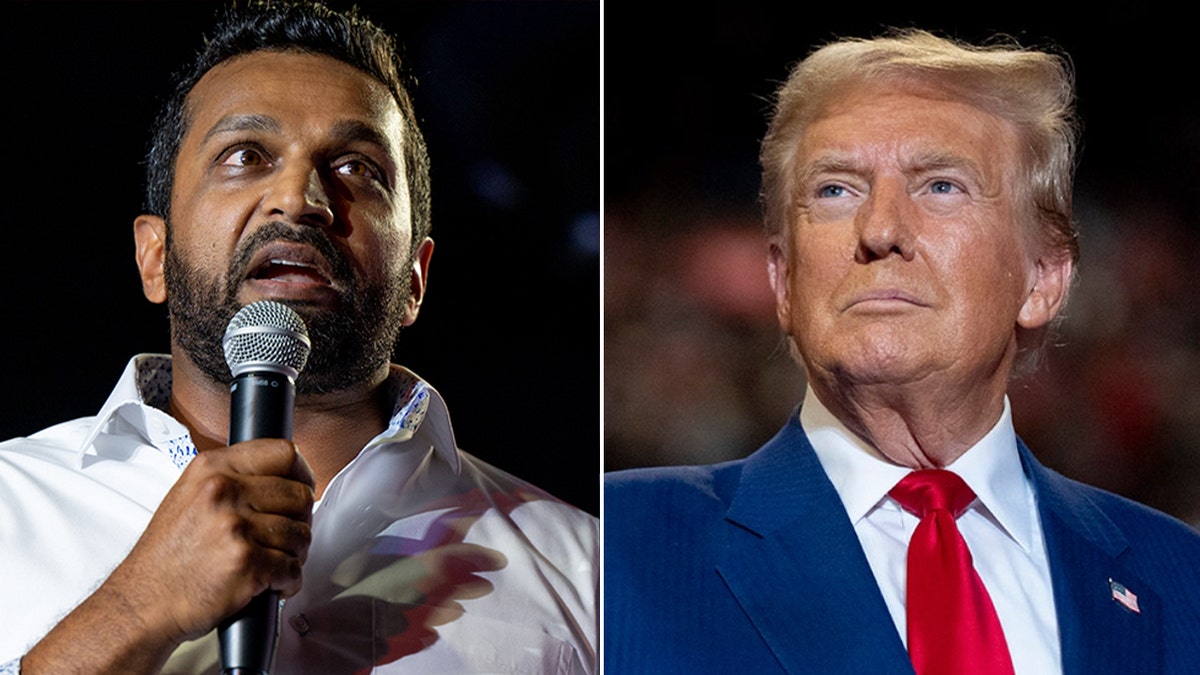
For a man supposedly running one of the most consequential law enforcement agencies in the world, Patel’s lack of visibility and erratic management style has sparked widespread concern among lawmakers, federal employees, and intelligence veterans alike.
His Las Vegas escapades, limited work presence, and secretive enforcement measures have created the impression of a leader more interested in image and loyalty than in effectively steering a complex and vital federal agency.
Patel’s appointment to the top of the FBI was controversial from the start. A Trump loyalist with a reputation for playing politics rather than policy, Patel had little in the way of leadership experience before stepping into one of the most sensitive national security roles in the country.
Critics warned that his loyalty to Trump and willingness to engage in hardline tactics would clash with the bureau’s longstanding principles of nonpartisanship and institutional independence. Those fears appear to be materializing in real time.
In recent months, even routine operations at the FBI have been disrupted by what insiders describe as Patel’s chaotic and unstructured leadership. Senior agents report confusion over chain of command, stalled investigations, and politically motivated reassignments.
Whistleblowers have quietly expressed alarm over the growing disconnection between bureau leadership and field agents, while some insiders say the polygraph push has created a climate of fear rather than professionalism.
Patel has offered little public comment amid the growing scrutiny, and the bureau has remained largely silent on his day-to-day activities. But reports of his frequent presence in upscale nightclubs—alongside his sparse attendance at the Hoover Building—have become impossible to ignore.
“He’s become something of a ghost,” said one anonymous official. “People know he’s technically in charge, but he’s not around. He’s running the agency from a distance, and no one knows who’s really making the calls.”
Meanwhile, Patel’s defenders claim his unconventional approach is part of a broader plan to decentralize FBI authority and empower regional offices. But even some within Republican circles admit privately that Patel’s erratic behavior and lack of presence are becoming a political liability.
The very fact that a sitting FBI director is being discussed on morning television for club-hopping more than for law enforcement strategy is a public relations nightmare for an already embattled agency.
The combination of absentee leadership, politicized loyalty tests, and growing congressional alarm has triggered comparisons to previous moments of crisis in the FBI’s history, but few recall a time when the agency’s director seemed so uninterested in the fundamentals of the job.
As bipartisan calls for oversight increase, it remains to be seen whether Patel will face formal consequences—or whether his leadership style will continue to erode morale and operational integrity from within.
At a time when the FBI is under unprecedented scrutiny from both political parties, the stakes could not be higher. And yet, the man in charge appears more interested in nightlife than national security. Whether Patel’s time at the top continues or ends in scandal may ultimately depend not on his next briefing—but on his next Instagram tag from a Vegas DJ booth.

